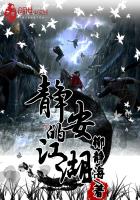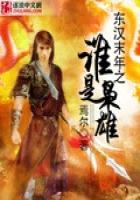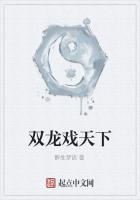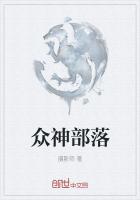Walter Bagehot (18261877)was author of an excellent work on the English money market and the circumstances whichhave determined its peculiar character (Lombard Street ,1873;8th ed.,1882),and of several monographs on particularmonetary questions,which his practical experience,combined with his scientific habits of thought,eminently fitted him tohandle.On the general principles of economics he wrote some highly important essays collected in Economic Studies (editedby R.H.Hutton,1880),the object of which was to show that the traditional system of political economythe system ofRicardo and J.S.Mill rested on certain fundamental assumptions,which,instead of being universally true in fact,were onlyrealised within very narrow limits of time and space.Instead of being applicable to all states of society,it holds only inrelation to those "in which commerce has largely developed,and where it has taken the form of development,or somethinglike the form,which it has taken in England."It is "the science of business such as business is in large and tradingcommunitiesan analysis of the great commerce by which England has become rich."But more than this it is not;it will notexplain the economic life of earlier times,nor even of other communities in our own time;and for the latter reason it hasremained insular;it has never been fully accepted in other countries as it has been at home.It is,in fact,a sort of readyreckoner,enabling us to calculate roughly what will happen under given conditions in Lombard Street,on the StockExchange,and in the great markets of the world.It is a "convenient series of deductions from assumed axioms which arenever quite true,which in many times and countries would be utterly untrue,but which are sufficiently near to the principalconditions of the modern "English"world to make it useful to consider them by themselves."Mill and Cairnes had already shown that the science they taught was a hypothetic one,in the sense that it dealt not with realbut with imaginary men"economic men"who were conceived as simply "money-****** animals."But Bagehot wentfurther:he showed what those writers may have indicated,but had not clearly brought out,(13)that the world in which thesemen were supposed to act is also "a very limited and peculiar world."What marks off this special world,he tells us,is thepromptness of transfer of capital and labour from one employment to another,as determined by differences in theremuneration of those several employments-a promptness about the actual existence of which in the contemporary Englishworld he fluctuates a good deal,but which on the whole he recognizes as substantially realised.
Bagehot described himself as "the last man of the ante-Mill period,"having learned his economics from Ricardo;and thelatter writer he appears to have to the end greatly over-estimated.But he lived long enough to gain some knowledge of thehistorical method,and with it he had "no quarrel but rather much sympathy.""Rightly conceived,"he said,"it is no rival tothe abstract method rightly conceived."We will not stop to criticise a second time the term "abstract method"here appliedto that of the old school,or to insist on the truth that all science is necessarily abstract,the only question that can arise beingas to the just degree of abstraction,or,in general,as to the right constitution of the relation between the abstract and theconcrete.It is more apposite to remark that Bagehot's view of the reconciliation of the two methods is quite different fromthat of most "orthodox"economists.They commonly treat the historical method with a sort of patronising toleration asaffording useful exemplifications or illustrations of their theorems.But,according to him,the two methods are applicable inquite different fields.For what he calls the "abstract "method he reserves the narrow,but most immediately interesting,province of modern advanced industrial life,and hands over to the historical the economic phenomena of all the human pastand all the rest of the human present.He himself exhibits much capacity for such historical research,and in particular hasthrown real light on the less-noticed economic and social effects of the institution of money,and on the creation of capital inthe earlier stages of society.But his principal efficacy has been in reducing,by the considerations we have mentioned,stillfurther than his predecessors had done,our conceptions of the work which the a priori method can do.He in fact dispelledthe idea that it can ever supply the branch of general Sociology which deals with wealth.As to the relations of economics tothe other sides of Sociology,he holds that the "abstract"science rightly ignores them.It does not consider the differences ofhuman wants,or the social results of their several gratifications,except so far as these affect the production of wealth.In itsview "a pot of beer and a picturea book of religion and a pack of cardsare equally worthy of regard."It therefore leavesthe ground open for a science which will,on the one hand,study wealth as a social fact in all its successive forms andphases,and,on the other,will regard it in its true light as an instrument for the conservation and evolutionmoral as well asmaterialof human societies.
Though it will involve a slight digression,it is desirable here to notice a further attenuation of the functions of the deductivemethod,which is well pointed out in Mr.Sidgwick's remarkable work on political economy.He observes that,whilst J.S.














